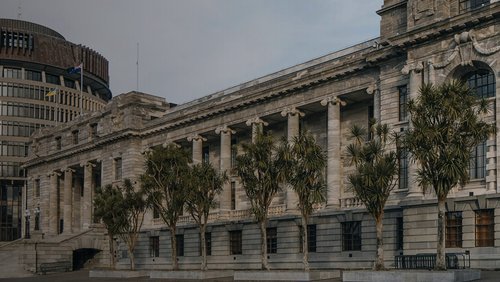4 Nov 2021
Our new programme will support you to take positive action to address climate change through mitigation, transition, and adaptation.
Climate change is a reality – it’s happening here, in Aotearoa, and it’s happening now. Climate change will affect our country’s energy production, infrastructure, agriculture, health, coastal ecosystems, water resources, and biodiversity. How we respond is increasingly prioritised by society, and will continue to drive strategy, policy, and funding decisions into the future.
Engineering Climate Action is Engineering New Zealand’s new programme to support engineers lead the way to a healthier, sustainable Aotearoa by taking positive action as society responds to climate change.
Engineering New Zealand Chief Executive Richard Templer says, “Climate change is the most significant challenge of our time and Te Ao Rangahau is committed to being part of the solution. The launch of Engineering Climate Action provides a way for the engineering community to get involved.”
In Engineering New Zealand’s position statement we accept that anthropogenic (human-induced) climate change is a reality and engineering professionals must unite and act with urgency to avoid irrevocable climate change. Further, engineering professionals have a vital role and responsibility in mitigating, transitioning, and adapting to climate change – and to lead society in this cause.
Two of the programme’s workstreams – Engineering Practice and Thought Leadership and Advocacy – drive the programme and our activities to support the profession.
Engineering Practice will deliver resources to inform and guide members. This includes guidance for you to have conversations with clients about climate change, as well as opportunities to discuss common issues, collaborate, and share best-practice. Thought Leadership and Advocacy is about how and where we advocate for policies that enable engineering professionals to respond to climate change.
Richard says, “Engineering Climate Action isn’t a checkbox exercise and we won’t be holding this programme off to the side as a discrete project. This programme is an organisational priority for us and, over time, will inform the majority of what we do.”




